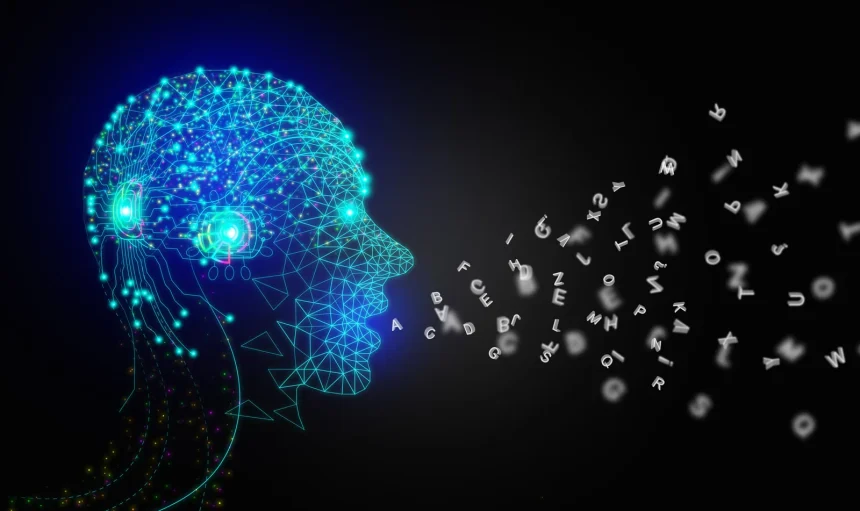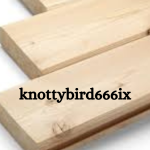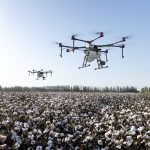In a world where globalization continues to shrink geographical boundaries, the role of translators, or vertėjjas in Lithuanian, stands as a crucial link in facilitating effective communication across diverse cultures and languages. Beyond mere linguistic proficiency, a vertėjjas embodies a profound understanding of both source and target languages, navigating the nuances of expression, cultural contexts, and technical jargon with finesse.
Linguistic Dexterity and Cultural Sensitivity
At its core, the art of translation transcends literal word-for-word conversion. A skilled vertėjjas delves deep into the essence of each word, grasping not just the meanings but also the emotions, intentions, and cultural connotations they carry. This linguistic dexterity enables them to capture the true essence of the original text while adeptly adapting it to resonate authentically in the target language. Whether translating literature, legal documents, technical manuals, or creative content, their ability to navigate linguistic subtleties ensures accuracy and clarity.
Moreover, cultural sensitivity plays a pivotal role in the work of a vertėjjas. Every language is embedded with cultural nuances and historical references that shape its expressions. A proficient translator not only translates words but also bridges these cultural gaps, ensuring that the message remains intact and culturally relevant. This aspect is particularly crucial in international diplomacy, literature translation, and business communications where cultural misunderstandings can lead to significant misinterpretations.
The Intersection of Language and Technology
In recent years, advancements in technology have revolutionized the field of translation. While human translators remain irreplaceable for their nuanced understanding, tools like machine translation and artificial intelligence have augmented their capabilities. These technologies assist vertėjjas by automating routine tasks, enhancing efficiency, and improving access to diverse linguistic resources. However, the human touch remains indispensable for handling complex nuances, and idiomatic expressions, and maintaining the integrity of the message.
Challenges and Ethical Considerations
Despite the advancements, translation remains a challenging endeavor fraught with ethical considerations. Issues such as fidelity to the original text, confidentiality, and impartiality often require careful navigation. For instance, legal and medical translations demand precision and adherence to strict guidelines, while literary translations call for creativity and fidelity to the author’s voice. Navigating these challenges requires not only linguistic expertise but also a profound ethical compass to uphold integrity and trust in every translation assignment.
The Future of Translation
Looking ahead, the role of a vertėjjas is poised to evolve further in response to technological advancements and global connectivity. As languages continue to evolve and new dialects emerge, the demand for skilled translators will only intensify. The ability to adapt to changing linguistic landscapes, coupled with a deep understanding of cultural dynamics, will remain the cornerstone of effective translation.
In conclusion
The profession of a vertėjjas is not merely about converting words from one language to another but about building bridges of understanding between diverse cultures. It requires a blend of linguistic mastery, cultural empathy, and ethical responsibility to convey messages accurately and respectfully across linguistic borders. As the world becomes increasingly interconnected, the importance of skilled translators in fostering mutual understanding and cooperation cannot be overstated
FAQs
1. What does a vertėjjas do?
A vertėjjas, or translator, specializes in converting written or spoken content from one language to another while maintaining accuracy, context, and cultural relevance. Their role extends beyond literal translation to capture the nuances and subtleties of the original text, ensuring effective communication across language barriers.
2. How important is cultural understanding for a vertėjjas?
Cultural understanding is essential for vertėjjas as it allows them to accurately interpret and convey messages within their cultural context. Languages are deeply intertwined with cultural nuances, idioms, and historical references that influence meaning. A skilled translator not only translates words but also bridges cultural gaps to ensure the message resonates authentically in the target language.
3. What skills are essential for a successful vertėjjas?
Successful translators possess strong proficiency in both the source and target languages, excellent communication skills, and a deep understanding of cultural dynamics. They must be adaptable, detail-oriented, and able to handle complex linguistic and technical content. Additionally, technological proficiency in translation tools and software is increasingly valuable in the modern translation landscape.
4. How does technology impact the work of a vertėjjas?
Technology has revolutionized the field of translation, offering tools like machine translation and CAT (Computer-Assisted Translation) tools that enhance efficiency and accessibility to linguistic resources. While these tools assist in speeding up routine tasks and managing large volumes of text, human translators remain indispensable for handling nuanced expressions.
5. What ethical considerations do vertėjjas face?
Ethical considerations are paramount in translation, particularly concerning confidentiality, accuracy, and cultural sensitivity. Translators must navigate issues such as maintaining fidelity to the original text, respecting client confidentiality, and ensuring impartiality in their translations.










